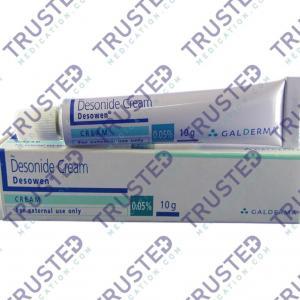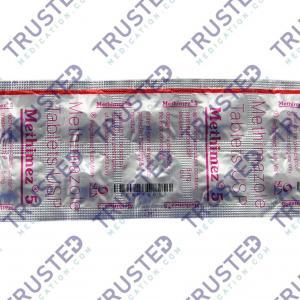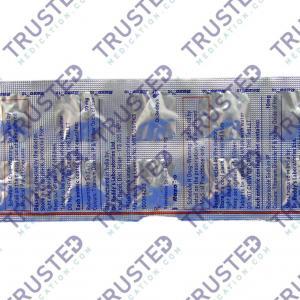
Pertussis, commonly known as whooping cough, Pertussis, is a highly contagious respiratory infection. It is caused by the bacterium Bordetella pertussis.
This contagious respiratory infection causes prolonged and violent coughing fits. It gets its name from the characteristic “whoop” sound that is produced when the affected individual gasps for air after a coughing spell.
Despite being preventable through vaccination, pertussis continues to pose a significant health risk, particularly to infants and young children.
What Causes Pertussis?
Bordetella pertussis is the primary culprit behind pertussis infections. The bacterium spreads through respiratory droplets when an infected person coughs or sneezes. Once inhaled, bacteria spread down the airway and to the cells lining up the throat and lungs which then cause inflammation and breathing difficulties.
The bacteria travel into the respiratory tract and attach themselves to the cilia, small hair-like projections found on the inner wall of the respiratory system. The bacteria then release toxins that damage the cilia and cause the airways to swell. This swelling leads to an increase in mucus secretions, which in turn causes severe coughing.
What are the Symptoms of Pertussis?
Pertussis symptoms may initially resemble those of the common cold. These symptoms may include:
· a runny nose
· congestion
· a low-grade fever
However, as the infection progresses, the coughing fits become more severe and persistent. These coughing spells can last for several weeks or even months, and they can be so intense that they disrupt sleep and interfere with daily activities.
In addition to the characteristic “whoop” sound, pertussis can also cause other symptoms such as:
· vomiting
· fatigue
· difficulty breathing
Babies with pertussis may not exhibit the characteristic “whoop” sound, but they may experience:
· difficulty breathing
· pauses in breathing (apnea)
· cyanosis due to lack of oxygen
What Happens to Your Body When You Have Pertussis?
Pertussis primarily affects the respiratory system. It inflames the airways and produces excessive mucus. The violent coughing fits characteristic of the disease result from the body’s attempt to expel the thick mucus blocking the air passages. These coughing spells can be exhausting and may lead to complications such as:
· dehydration
· pneumonia
In severe cases, pertussis can cause brain damage or death, particularly in infants and young children.
How Do You Get Pertussis?
Pertussis is spread through respiratory droplets that are expelled into the air when an infected person coughs or sneezes. The bacteria can also survive on surfaces for several hours. Thus, making it possible for someone to become infected by touching a contaminated surface.
People with pertussis are most contagious during the first two weeks of the illness. However, they can continue to spread the bacteria for up to three weeks after the coughing fits begin.
How Serious Is Pertussis?
Pertussis can be serious, and even life-threatening, especially for infants and young children. Babies under one year of age are at the highest risk of severe complications, including:
· pneumonia
· seizures
· brain damage
· death
Pertussis remains one of the leading causes of vaccine-preventable deaths worldwide among infants.
Centers for Disease Control and Prevention (CDC) confirms that one-third of the infant population that contract pertussis will require hospitalization. About 1 in 100 who will be hospitalized for pertussis will die from the infection.
How is Pertussis Treated?
Pertussis is typically treated with antibiotics to aid in clearing the infection from the body. Antibiotics will also reduce the risk of infection spreading to others.
Besides antibiotics, treatment might include plenty of rest, fluids, as well as over-the-counter cough suppressants. Extreme cases of whooping cough need hospitalization for therapy.
Can Pertussis Be Prevented?
Yes, vaccination is quite effective in protecting against pertussis. The DTaP shot is given to children of seven years of age and below. And while Tdap vaccine is usually considered for adolescents and adults.
It’s imperative to stay abreast with the immunizations to arrest the spread of pertussis. If a person within your circle has been infected with pertussis you may need antibiotics to avoid catching the disease.
Pertussis imposes risks on individuals of all ages, however, infants and young children are relatively the most likely to suffer from the worst consequences. Vaccination, right respiratory hygiene, and starting treatment soon are the keys to avoiding and treating this infection.








